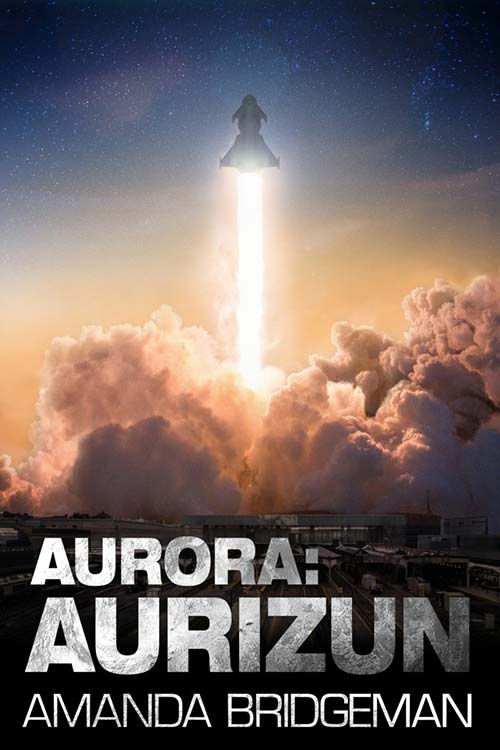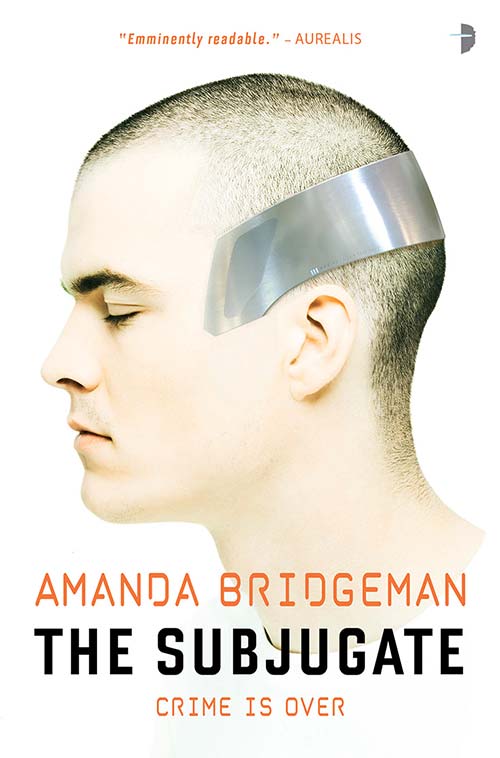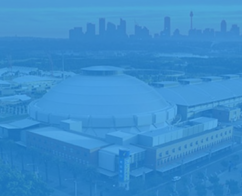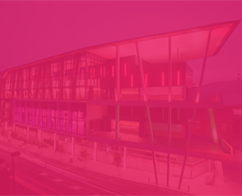
Sydney
June 21-22, 2025
Sydney Showground Olympic Park



With esteemed novelist Amanda Bridgeman set to join a star-studded guest list at Supanova next month, we caught up with her to talk about her influences and most importantly, her passion.
“It’s hard work, there is a lot of discipline,” Bridgeman says in response to her writing. “I’m a workaholic, but it’s finally starting to pay off.”
Australia is known for having a very concentrated entertainment industry, sometimes making it difficult for creative minds to express themselves without restriction. Though daunting, the fight is strong, thus the extensive novella series Bridgeman has introduced her audience to.
 The Aurora series is as complex as it is engaging, a rare insight into the complications encountered in space. Defined by Bridgeman, “[Aurora] is a series that starts out as a self-contained story of a young sharpshooter that joins a space station crew who are sent on a mission to investigate a loss of communications.”
The Aurora series is as complex as it is engaging, a rare insight into the complications encountered in space. Defined by Bridgeman, “[Aurora] is a series that starts out as a self-contained story of a young sharpshooter that joins a space station crew who are sent on a mission to investigate a loss of communications.”
“With each book, the crew must navigate through certain challenges, but there is an overarching story that develops with a major revelation in book four, which blows it from a small story into an epic adventure.”
It was never intended to go the direction it inevitably did, as Aurora remains as an unfinished screenplay. “I actually sat down to write the screenplay, but then I realised how long it had been since university so I was a bit rusty,” Bridgeman laughs.
“I hadn’t figured out enough of the storyline, so I began writing it as a novel and by that point, the series had started.”
With Aurora: Aurizun (the seventh book in the series) soon to be released, it is obvious strong science fiction roots have grounded themselves in Bridgeman’s life far before her work as a novelist.
“I grew up with three older brothers, so I was exposed to action films growing up, and I would gravitate towards those more than I would a rom-com,” she tells.
“I first started writing novels when I was a teenager, but when I was writing them I was basically writing them as movies in my head.”
A lot of authors can agree that the mind can piece together a story cinematically, helping to drive the narrative before pen meets paper. “Films have always been a massive inspiration for me, because in my mind a novel is a film, but one that you perhaps not direct yourself, but have the ability to dress the sets, choose the actors who play the characters, you have full control,” she says.
“Story inspiration can come from anywhere, be it a newspaper story you have read, a new piece of tech that is coming out, a conversation that you have had. Inspiration can come from anywhere, but there are still strong filmic elements embedded.”
On her blog, Bridgeman invites numerous authors to talk about their craft and how they manage to get into that headspace.
“Most of them I had met at different conventions, others I have either recently read their work or haven’t had a chance to yet but definitely took an interest. It’s a bit of a mixture really,” she says.
These interviews allow the authors to connect on a common ground, sharing not only their struggles in the industry but their successes.
“There is a phenomenal amount of self-published work out there, so it’s a very competitive market to get your book noticed,” she tells.
“I do find most writers tend to help each other out and are genuinely interested in other people’s work. We all have a common understanding of how hard it is, and to get the reviews and try to get eyes on the book.”
 Her own struggles undoubtedly made her stronger, publishing the Aurora series alongside The Time of the Stripes and The Subjugate. Though that’s not to say there were some rough stages, helping to formulate her unique writing style.
Her own struggles undoubtedly made her stronger, publishing the Aurora series alongside The Time of the Stripes and The Subjugate. Though that’s not to say there were some rough stages, helping to formulate her unique writing style.
“There is a lot of focus on literary over genre, in terms of trying to get into newspapers of commercial outlets, they are just not that interested in genre unless you are like Stephen King or someone of that nature,” she says.
“It’s hard to get support for local artists; sometimes it feels like you have to go overseas to make it big. Australia is a much smaller market so there are fewer opportunities for exposure in some regards.”
Attending Supanova Adelaide and Brisbane next month, Bridgeman will be appearing alongside a few other familiar faces from the literary realm. Retaining a strong opinion of pop culture from her personal perspective, Bridgeman describes it to be a fundamental part of life.
“Without pop culture and fandoms, I don’t think any artist or writer would actually exist,” she suggests. “We create what we create but it’s nothing if you don’t have an audience. It’s the audience that makes us who we are.
“Some writers are just happy to do it for themselves and don’t care if no one reads it, but for me, it’s the people who read and enjoy the books, that’s why I write. We are nothing without the fandom.”






